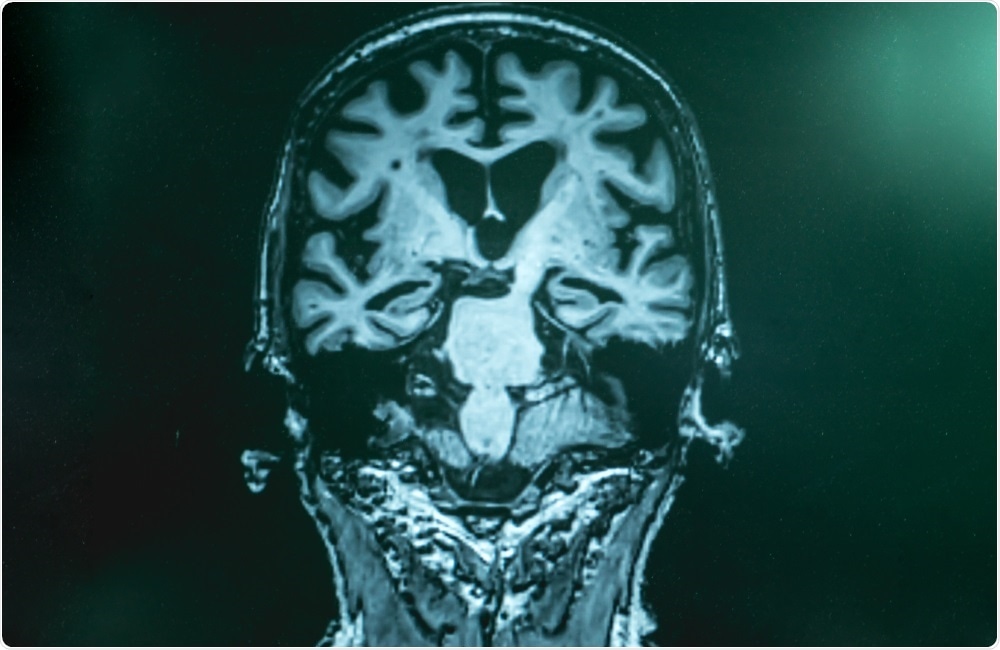
AI could be used to diagnose Alzheimer's years before symptoms appear
Researchers have succeeded in training an artificial intelligence (AI) algorithm to predict the risk of cognitive decline which could result in Alzheimer’s disease (AD) five years later.
 Image Credit: Atthapon Raksthapu / Shutterstock
Image Credit: Atthapon Raksthapu / ShutterstockAt present, there is no effective treatment or cure for AD, but a growing volume of evidence suggests that the disease could be prevented through lifestyle changes, for instance.
The ability of AI to predict the likelihood of AD could enable patients to make lifestyle changes and receive early intervention, which may delay or even prevent the onset of the condition.
According to the Alzheimer Society of Canada, there were 564 000 Canadians with AD or another type of dementia in 2016. This is projected to rise to 937 000 over the next 15 years.
The global figures released by the World Health Organization (WHO) are even more shocking. The current figure of 50 million cases of dementia is expected to rise to 82 million by 2030, and an incredible 152 million by 2050. AD is expected to make up at least 60-70% of these.
The current study used data derived from more than 800 subjects of the Alzheimer's Disease NeuroImaging Initiative to train their novel algorithm. This included healthy older people, those who already had early signs of cognitive decline and others who had frank AD.
The data included clinical information, magnetic resonance imaging (MRI) testing and genetic assessments.
The algorithm was trained with this data to learn signatures, or characteristic data patterns. It then applied this learning to other patients to predict impending cognitive decline and the possible/probable onset of AD.
The predictions of the algorithm from within this study were then trialed on a separate sample collected from the Australian Imaging and Biomarkers Lifestyle Study of Ageing.
The results were unanimous, increasing the strength of the findings.
The researchers are now working on testing the algorithm after including more data, to improve the accuracy of predictions. Including more data could provide more detailed predictions, or be used to detect the risk of the condition before any clinical signs appear.
The tool could be used to screen members of the general population to identify those who are at the highest risk of cognitive impairment, and are likely to develop AD.
The study titled "Modeling and prediction of clinical symptom trajectories in Alzheimer's disease" was published in the journal PLOS Computational Biology.



































No hay comentarios:
Publicar un comentario